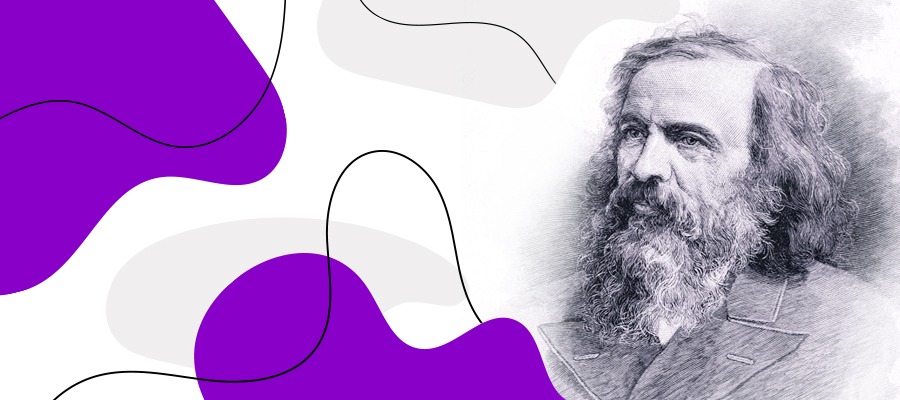Eligibility Criteria
The Prize is awarded to candidates whose scientific achievements are conducive to socio-economic transformation and impact development on a regional or global scale, based on:
- Excellence in research in the fields of basic sciences;
- Basic sciences education and popularization;
- International or regional cooperation in the basic sciences.
There is no age limit for the candidates.
Candidatures of women scientists are encouraged.
Who can submit nominations?
The nominations can be submitted by the following entities:
- Governments of Member States, in consultation with their National Commissions
- Non-governmental organizations maintaining official partnerships with UNESCO and active in relevant fields covered by the Prize
- UNESCO Chairs
- Category 2 Centres
- International scientific unions
- Universities
No self-nomination shall be considered.
How to submit nominations?
The call for nominations is open until 15 March 2022.
Nominations can only be submitted electronically through an online dedicated template.
Please register and consult the Rules and Regulations before filling in the template.
Nominations must be completed in full in English or French.
The deadline for nominations is 15 March 2022.
Nominations that are incomplete or received after the deadline shall not be considered.
Selection process
The International Mendeleev Prize’s Team reviews all applications received before the deadline and transmits the eligible applications to the Jury of the Prize.
The Jury meets once a year to assess the applications.
The Director-General selects the winners based on the assessment and recommendation of the Jury of the Prize.
The Prize shall be awarded by the Director-General or her representative to the individual winners during an official ceremony held for that purpose in alternation at UNESCO’s premises at Headquarters and in the Russian Federation.
Jury of the Prize
The seven eminent members of the jury of the Prize were appointed in February 2021 by the UNESCO Director-General for a two-year period, renewable for a maximum period of six years. These members of the international scientific community, with a recognized reputation in the area of the basic sciences will review the applications and submit their recommendations to the Director-General. The jury will operate independently without interference from UNESCO, the donor or any other third party, and it shall be guided in its choice only by scientific excellence.
Jean-Pierre Sauvage (France)
2016 Nobel Prize in Chemistry
CNRS Director of Research Emeritus
Professor Emeritus - University of Strasbourg
Distinguished Visiting Scholar - Northwestern University
Sir Tom Blundell (United Kingdom)
President - UK Science Council
Chair - Biotechnology and Biological Sciences Research Council (BBSRC)
Emeritus Professor and Director of Research - Department of Biochemistry - University of Cambridge
Grigory Vladimirovich Trubnikov (Russian Federation)
Director - Joint Institute for Nuclear Research (JINR)
Member - Russian Academy of Science (RAS)
Member - Scientific Council for Nuclear Physics RAS
Ana María Cetto Kramis (Mexico)
Research Professor - Institute of Physics
Lecturer - Faculty of Sciences
Director - Museum of Light - National University of Mexico (UNAM)
Tasuku Honjo (Japan)
Shared the 2018 Nobel Prize in Physiology or Medicine
2016 Kyoto Prize in Basic Sciences
Deputy Director-General and Distinguished Professor - Kyoto University Institute for Advanced Study
Director - Center for Cancer Immunotherapy and Immunobiology (CCII) - Kyoto University Graduate School of Medicine
Tebello Nyokong (South Africa)
2009 L’Oréal-UNESCO Awards for Women in Science
2015 UNESCO Medal for Contribution to Development of Nanoscience and Nanotechnologies
Distinguished Professor - Rhodes University
DST/NRF Research Professor of Medicinal Chemistry Nanotechnology
Director - DST/Mintek Nanotechnology Innovation Centre
Samia Charfi Kaddour (Tunisia)
Director General of Scientific Research - Ministry of Higher Education and Scientific Research
Member - C13 Commission « Physics for development » - International Union of Pure and Applied Physics (IUPAP)
Member - UNESCO Open Science Advisory Committee established in 2020

